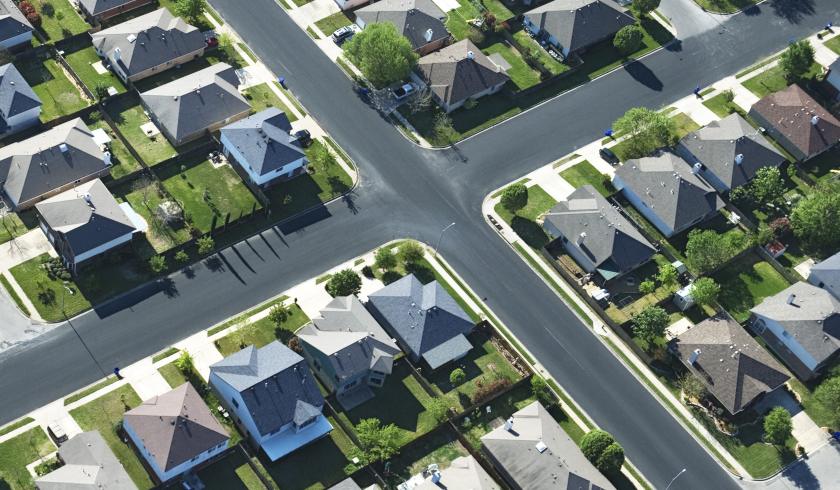Investment tip: Will 2019 be a good year for property renovation?
As the property markets of Sydney and Melbourne continue to soften, some investors try to stay away from selling or purchasing properties, opting instead to add value to their existing properties through renovation. Will this be a good strategy this 2019?

Due to the lacklustre growth in most parts of Sydney and Melbourne as a result of the end of the property boom, a lot of people—and both investors and owner-occupiers—are choosing to spend their money on renovations instead of actively buying and selling in the market.
Apart from making the property more liveable, renovations also add capital value to the asset, allowing it to produce better returns once in the market.
As good as it sounds, renovators may still be affecting by the softening market conditions.
For instance, having to spend money without significant immediate returns may put a dent on their cash flow, which could, in turn, affect the maintenance of their entire portfolio.
Should property investors be renovating in 2019?
Timing a renovation
According to mortgage broker Ross Le Quesne, there’s no certain harm in improving homes even in a softening market.
He explained: “Why would I invest? One is to increase the capital. Two is to attract a better quality tenant. In a softening market, vacancy rates are increasing, right? So, you want to make your property more attractive because the aim is to hold those properties long-term.”
“Aside from that, sometimes a cosmetic renovation can present a property in a much better light to a valuer, which means, you can access some additional funds to do something else.”
However, acquiring funds for the project might be a little more complicated.
One of the most common ways for investors to jumpstart a renovation is to extract equity from their existing properties, which, even in a hot market, must be done with caution.
“It’s fairly easy to fund a renovation if they've got the equity in their properties. The increase in capital value can be taken into account prior to starting the renovation.”
“But investors need to be careful in terms of how much equity they access in those properties. Don't leverage above 80 per cent and keep your buffers in, so if the market drops further, you don’t get into a position where you've got negative equity in your investment properties.”
“You have to be careful in terms of the extent you're leveraging your property in a softening market,” Mr Le Quesne highlighted.
Ultimately, investors are encouraged to determine the ‘right timing’ for a renovation.
Renovating for owner-occupied homes is a fairly safe play regardless of market conditions, but renovating an investment property will take more in-depth planning and smart strategies.
At the end of the day, the best renovation that you could do might be no renovation at all, particularly in fluctuating markets.
Tune in to Ross Le Quesne's episode on The Smart Property Investment Show to know more about the strategies that can help property investors succeed in 2019.

